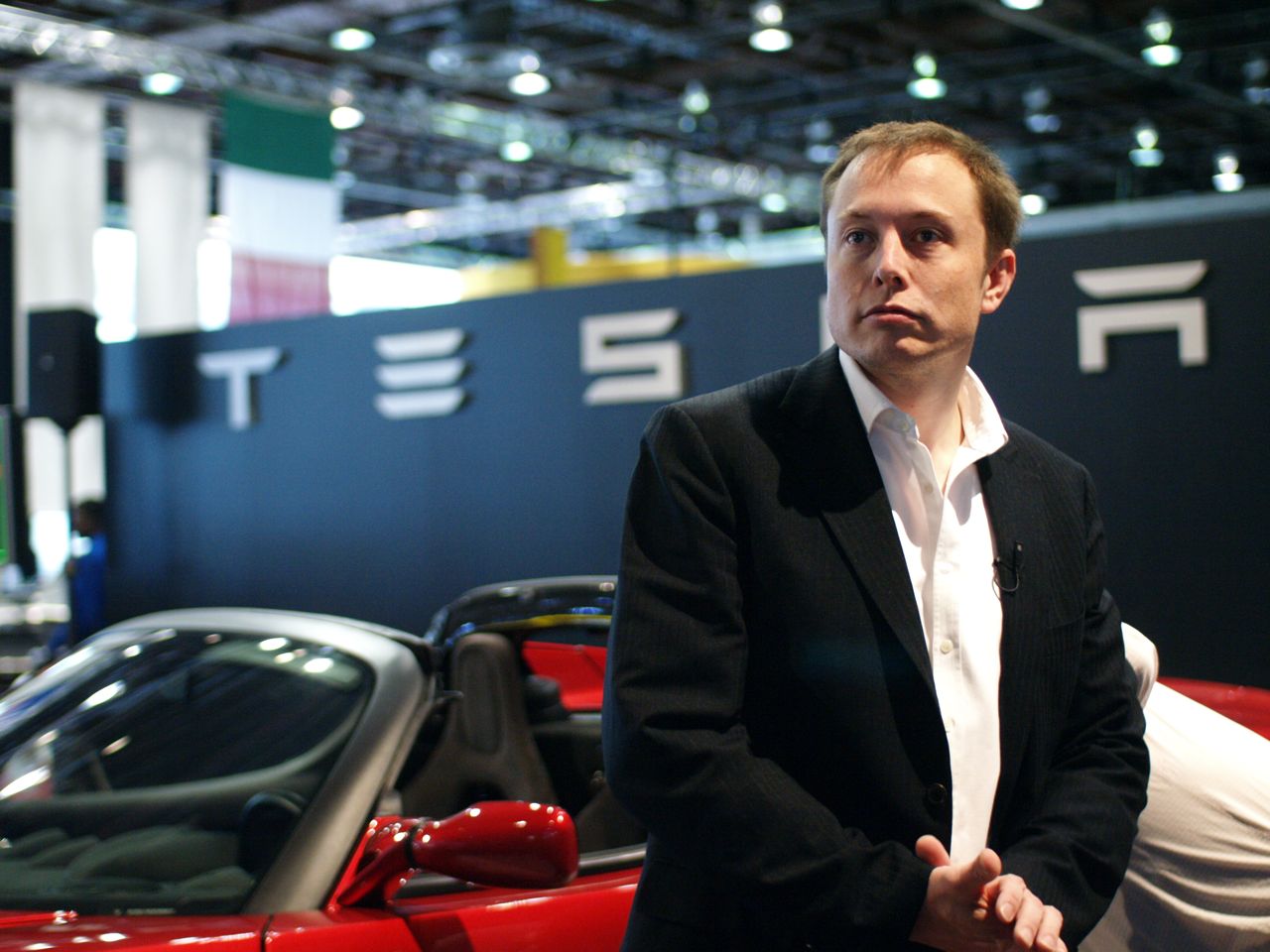The alternative fuel auto niche is in for some drama

The alternative fuel auto niche is about to see some drama soon with the rather famous and outspoken CEO of the successful Tesla Motors, Elon Musk saying that fuel cell vehicles are “bullshit” and that hydrogen gas is “dangerous” in a presentation at one of the new Tesla Motors German service centres.
Musk criticized both the safety and practicality of hydrogen as an alternative energy source and then went on to question the motivation of brands like Honda, Hyundai and Toyota that have already invested heavily into making the technology commercially available. According to him these brands don’t actually believe that fuel cell technology is valid, instead they just do it because they have the funds and because of marketing purposes, so as to show to the world that they in fact are trying to do something.
According to Musk even when u take the best case for fuel cell vehicle in terms of the mass and volume needed to go a particular range as well as the cost of the fuel cell system, they don’t even come close to equal the current state-of-the-art lithium-ion batteries, so at least in his vision, there’s no way for it to be a workable technology.
He finished saying that setting up a massive hydrogen distribution structure is extremely difficult and hydrogen is quite a dangerous substance. He concluded his statement by saying that hydrogen is good for the upper stage of rockets, but not for cars.
Elon Musk can afford to make these types of statements as his Tesla Motors continues to rollout the Model S all across the globe. The all-new large luxury sedan claims a pure-electric range of up to 480km and can reach 0-100km/h acceleration in 5.6 seconds.
As far as hydrogen fuel technology goes, Honda was the first car maker to make it mainstream when it launched the FCX Clarity in 2008.
In June of 2013 the Hyundai ix35 Fuel Cell became the first assembly line-produced hydrogen vehicle delivered to Europe and Toyota is still committed to launching an ‘affordable’, circa-$100,000 hydrogen fuel cell-powered car in 2015.

















